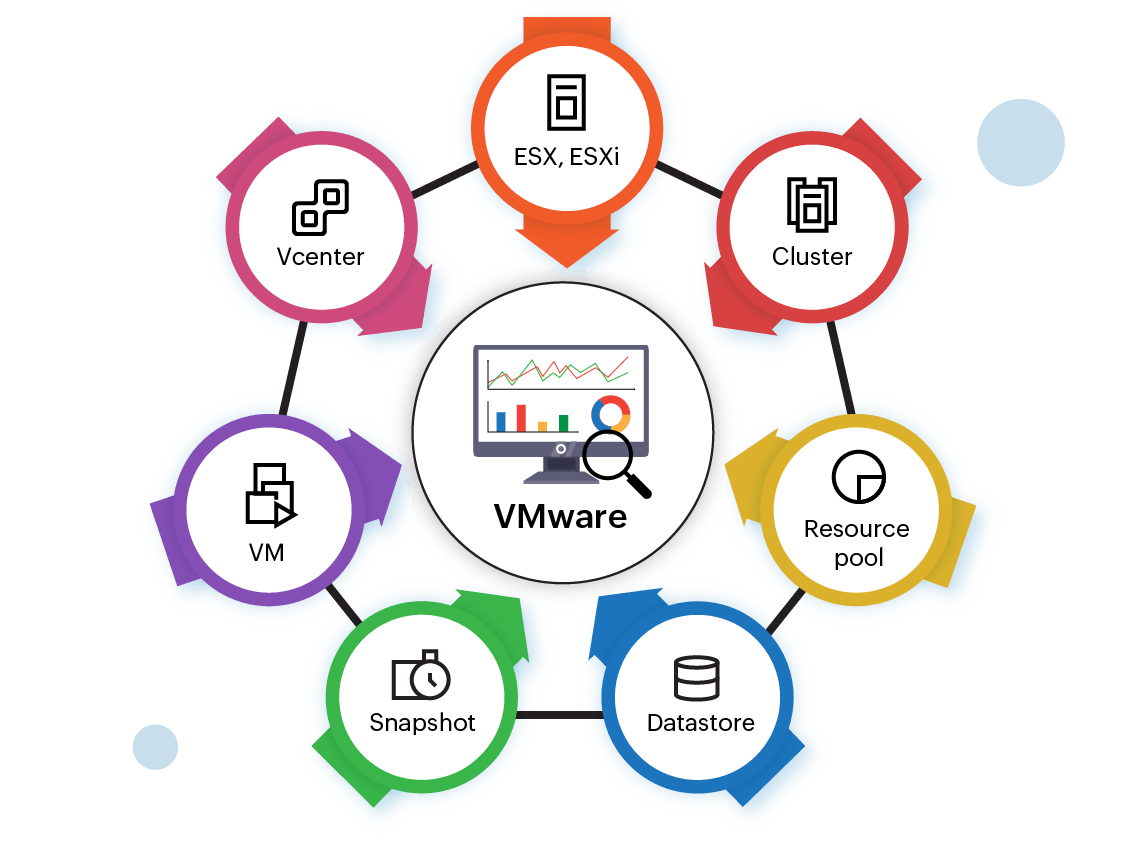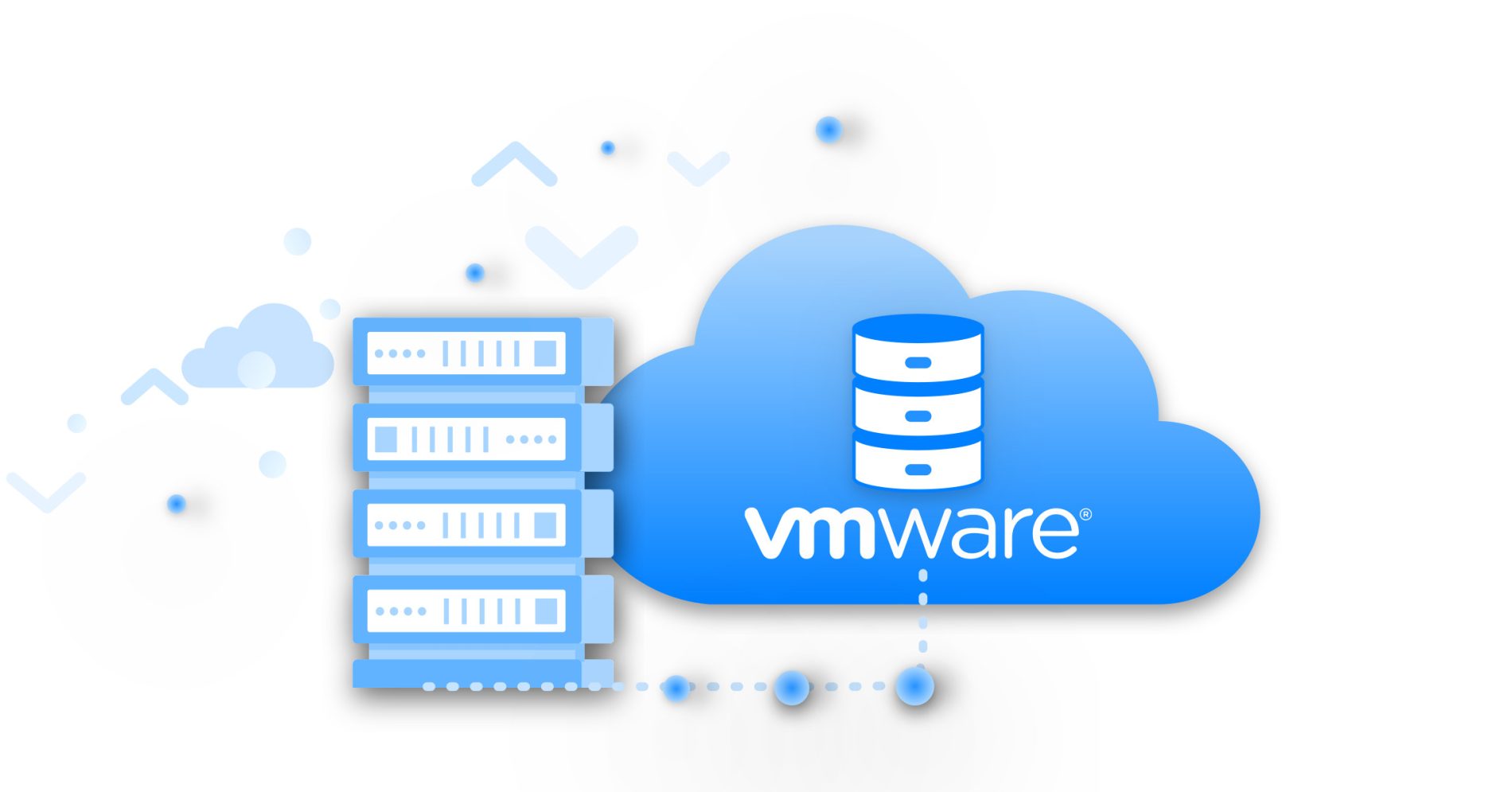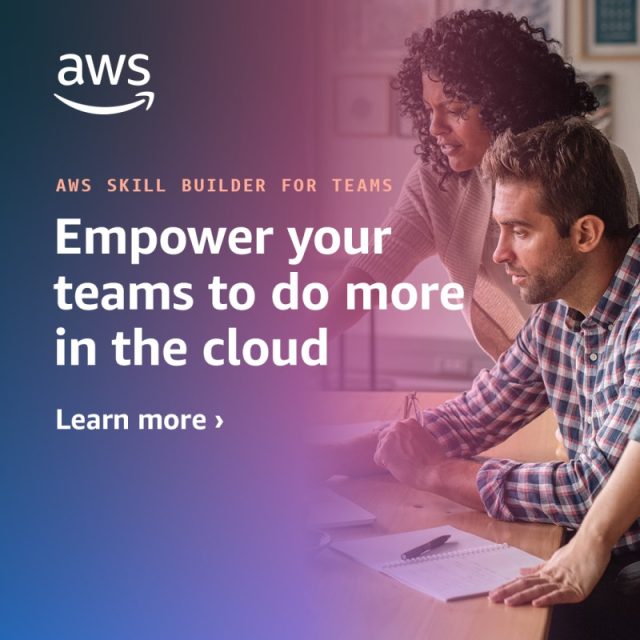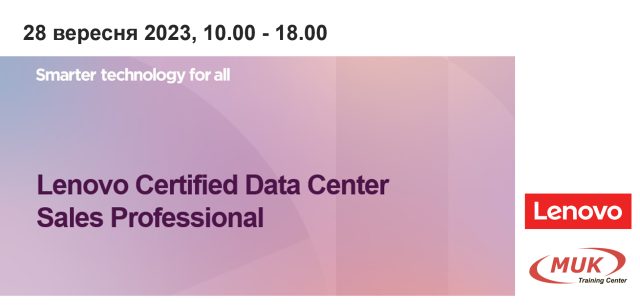VMware virtualization
Introduction to VMware virtualization
Virtualization is the process of creating a virtual version of hardware or software that can be used to run applications, operating systems, or computer networks. VMware is one of the leaders in virtualization and its products are used in large enterprise environments.
One of the main benefits of virtualization is the ability to run multiple virtual machines on a single physical server, which improves resource utilization and reduces hardware costs.
VMware offers several virtualization products including VMware vSphere, VMware Cloud on AWS, VMware vSAN, VMware Workspace ONE, VMware vRealize Operations, VMware SD-WAN, Telco Cloud, VMware Horizon Cloud Service, VMware Horizon and many more.
The ESXi Server distribution can be downloaded from the official VMware website https://my.vmware.com/ . If there are no licenses, then you need to order a trial. Next, you need to write the boot image to a USB stick, from where the installation will take place. For installation, a device is selected – USB flash and a boot method – our downloaded ESXi iso image.
The basic principle of VMware vSphere licensing is that a license must be purchased for each physical processor installed on a physical server with ESXi. The licenses themselves must be installed on ESXi via the vSphere client.
You can run virtual machines and use them as if they were real physical machines. VMware also offers the ability to manage virtual machines through a central management interface, making it easy to manage multiple virtual machines on a single server.

Types of VMware courses: which one to choose?
Today, VMware offers a wide range of courses aimed at different levels of training and different areas of virtualization.
Let’s look at some in more detail:
- VMware vSphere: Install, Configure, Manage is the most popular core course that teaches participants how to install, configure and manage a virtual infrastructure based on VMware vSphere. The course includes topics such as installing and configuring ESXi, managing virtual machines, using data stores and network settings. Also, this course is mandatory for passing in order to gain access to professional certifications VCTA, VCP, VCAP, VMware Specialist.
- VMware NSX: Install, Configure, Manage (formerly VMware NSX-T: Install, Configure, Manage) is a foundational course that teaches participants how to install, configure, and manage virtual networks based on VMware NSX. The course includes topics such as installing NSX Manager and controllers, configuring network services, policies, and routing.
- VMware vSphere with Tanzu: Deploy and Manage – In this course, you will focus on deploying and managing VMware vSphere® with Tanzu. You’ll learn how vSphere with Tanzu can be used to deliver Kubernetes clusters and containerized applications in a vSphere environment.
- VMware Horizon 8: Deploy and Manage is a foundational course that immerses participants in End-User Computing and builds skills to deploy, configure, and manage a VMware Horizon 8 solution for virtual desktops and applications. The course includes topics such as installing and configuring Horizon 8 components, creating and managing desktops and applications, and configuring access and security.
- VMware Horizon 8: Infrastructure Administration is a hands-on course to practice installing and configuring a virtual desktop infrastructure platform. This course develops your skills in installing and configuring VMware Horizon® through a combination of lectures and hands-on training.
Depending on your goals and objectives, you can choose the appropriate course. These courses are designed for different levels of experience and can be useful for a variety of virtualization professionals, including administrators, developers, architects, managers, and others.
Fundamentals of virtualization and resource management in VMware
The basis of virtualization is the hypervisor, which shares resources between virtual machines and allows them to work independently of each other. There are two types of hypervisors in VMware:
- VMware ESXi is a type 1 hypervisor that runs directly on a physical server. ESXi provides high performance, reliability and security for virtual machines. ESXi is used for server virtualization and provides the ability to create and manage multiple virtual machines on a single physical server.
- Desktop Hypervisor VMware Workstation Pro is a type 2 hypervisor that runs on a host operating system (such as Windows or Linux). Workstation allows you to create and run virtual machines on your computer. Workstation provides high performance and supports a wide range of operating systems, including Windows, Linux and MacOS.
Choosing between ESXi and Workstation depends on your specific virtualization needs. If you need to virtualize multiple servers on a single physical server, then ESXi is the best choice. If you want to run multiple virtual machines on your local machine for testing and development, then Workstation is a better fit.
VMware’s virtualization solutions let you efficiently manage resources such as processors, memory, and storage. To do this, VMWare provides users with a comprehensive set of virtual infrastructure management tools that make it easy to deploy, monitor, and manage virtual machines and related resources. These tools include vCenter, vSphere Client, VMware vRealize Automation, VMware vRealize Orchestrator, VMware vRealize Operations, and PowerCLI.
vCenter is a centralized management platform for managing virtual machines and their associated resources provided by VMWare. It allows users to manage multiple VMWare hosts and virtual machines, monitor performance, provision resources, and perform backup and restore.
In addition to vCenter Server, VMWare also provides other management tools such as vSphere Client, which is a user interface for managing individual VMWare hosts, and vRealize Operations, which provides advanced analytics and performance management.
VMware vRealize Automation automates the process of creating, managing, and monitoring virtual machines, simplifying your cloud infrastructure.
VMware vRealize Orchestrator is a workflow automation tool that allows you to create, run, and monitor processes within a virtual infrastructure.
vSphere Client is a user interface for managing individual VMWare hosts.
PowerCLI is a set of command line tools designed to automate and manage a VMWare virtual infrastructure.
In general, virtualization and resource management in VMware are important aspects for optimizing the use of server resources and reducing maintenance and hardware costs. VMware provides a wide range of management tools to help administrators easily scale and manage their virtualization infrastructure.

Developing Virtualization Skills in VMware Courses: Benefits and Opportunities
One of the main benefits is improved career opportunities. Mastering virtualization skills can increase the skill level and increase the salary of a specialist. In addition, virtualization is becoming more and more popular, so the demand for professionals with such skills will grow.
Another benefit is increased work efficiency. Virtualization allows you to use server resources more efficiently, which can increase application performance and reduce server maintenance and upgrade costs.
In VMware courses, you can learn various virtualization skills, such as installing and configuring a hypervisor, creating virtual machines, managing server resources, and much more. The courses can be adapted to different skill levels, so even novice users can master the necessary skills.
VMware courses can also help improve system security. Virtualization allows you to isolate various applications and operating systems on the server, which improves security and protects against viruses and other threats.
In general, developing virtualization skills in VMware courses is a great step for IT professionals. This allows not only to increase the level of skills and improve career opportunities, but also increase work efficiency, improve security and reduce server maintenance costs.
How to Prepare for VMware Certification: Tips and Tricks
VMware Certification is one of the key steps towards a career in virtualization and cloud computing. However, in order to successfully pass the exam, you need to carefully prepare. In this article, we’ll look at a few tips and tricks to help you prepare for your VMware certification.
- Check out the certification requirements. Before you start preparing, you should check the official VMware website and familiarize yourself with the requirements for each level of certification. This will help you decide what level of certification you need and what exam you need to take.
- Read official materials. VMware provides many official exam preparation materials. These can be textbooks, video tutorials, online courses, etc. Studying these materials will help you learn more about VMware products and the basic concepts of virtualization.
- Practice using VMware products. To successfully pass the exam, you need to have a certain level of practical skills. To do this, you should dedicate time to practice with VMware products such as vSphere, NSX, and others.
- Pass tests and exams-probes. VMware provides mock exams to help you understand how exams work and what you should be aware of as you prepare. There are also many test tasks that can be found on the Internet.
- Find experienced mentors and colleagues. Mentors and peers can help you prepare for certification by sharing their experience and knowledge. Find people who already have experience with VMware products and connect with them.
- Stay tuned for updates and changes. VMware is constantly updating its products and changing exams. Therefore, it is important to keep track of updates and changes.

Один из лучших вариантов – это посещение авторизованных курсов на базе авторизованных учебных партнеров VMware. Именно таким статутом и обладает Учебный центр MUK, и потому предлагает курсы по виртуализации на платформе VMware, которые помогут улучшить ваши навыки в управлении виртуальными машинами, понимании основных концепций виртуализации и настройке сетей в виртуальных средах. Курсы VMware в нашем центре проводятся опытными преподавателями, которые обладают практическим опытом работы с VMware, и это является лучшим вариантом подготовки к сертификации.
Интересный факт: Учебный центр MUK – #1 Тренинг провайдер VMWare по итогу 2022 в регионе СНГ, а один из наших тренеров получил 3-е место в рейтинге ТОП 10 тренеров EMEA.
Upon completion of the course, you will receive a certificate that confirms your knowledge and may be useful for your career in virtualization.





